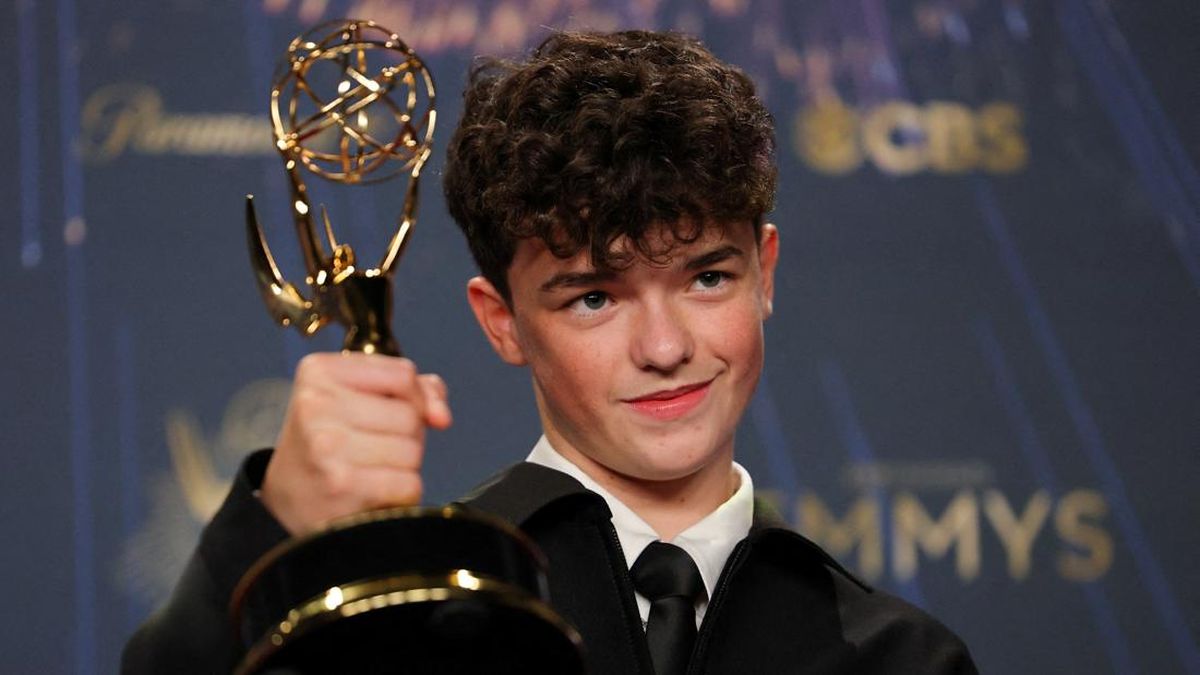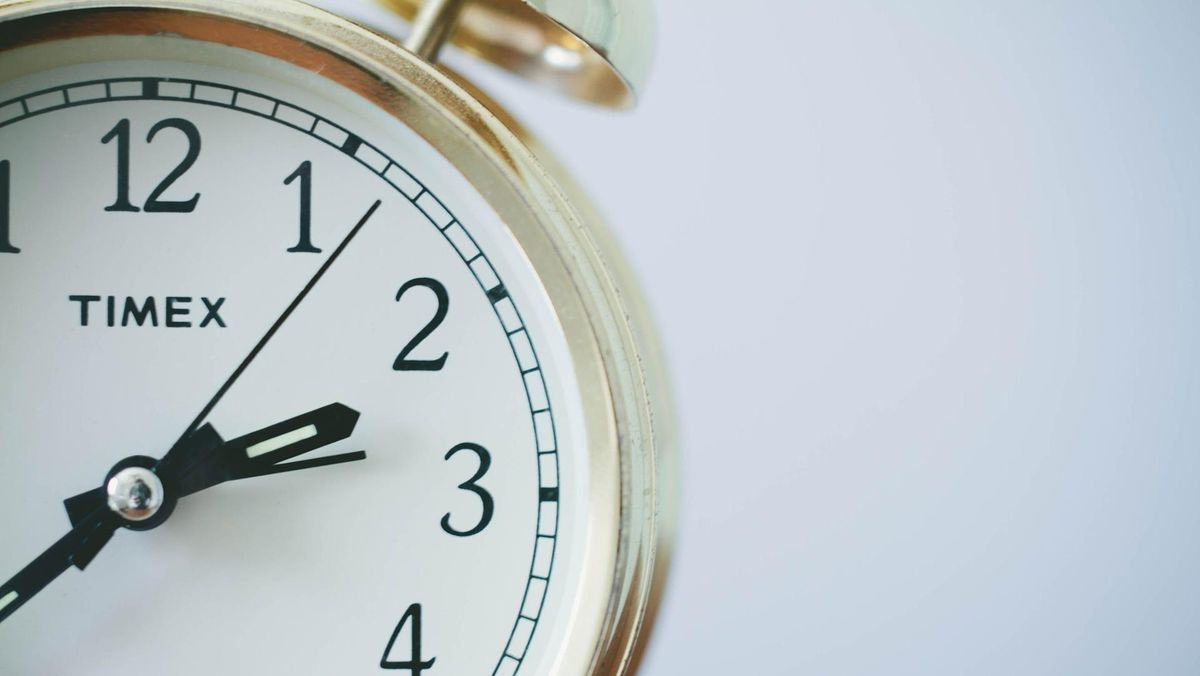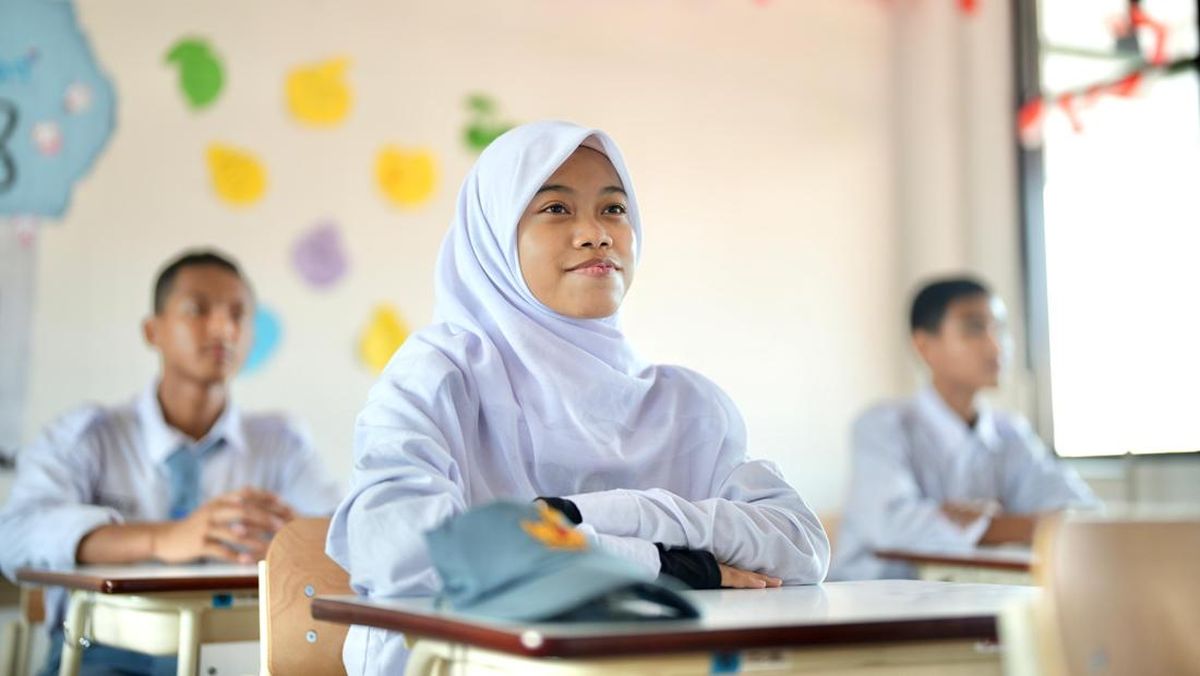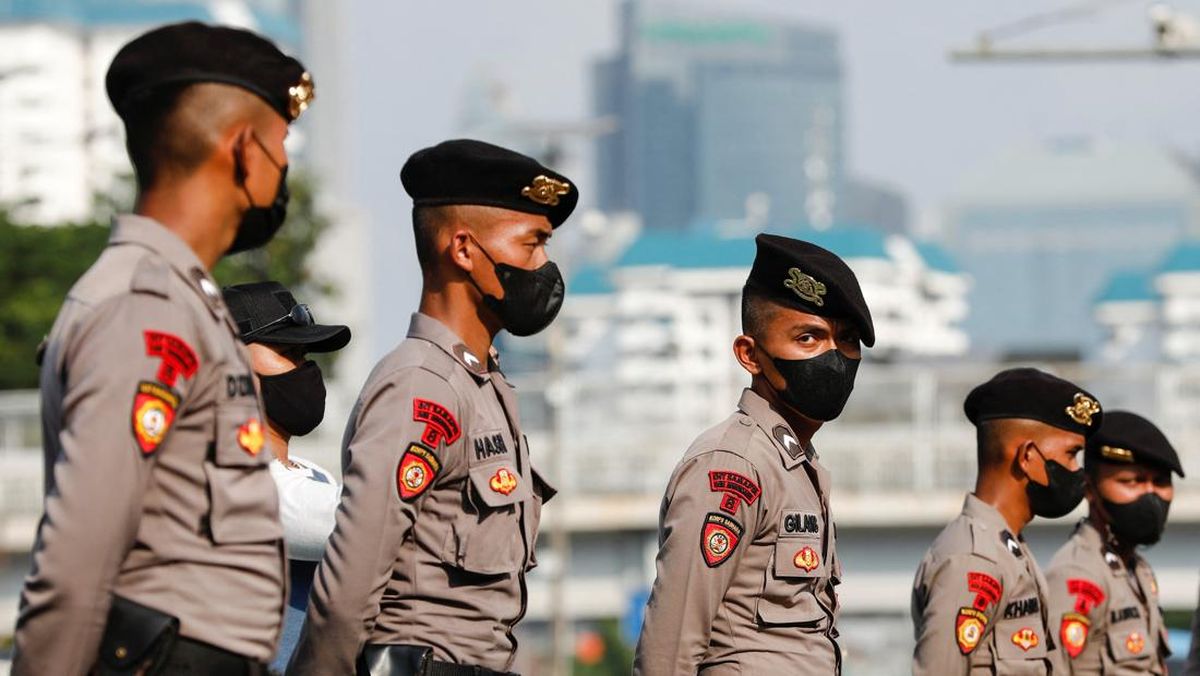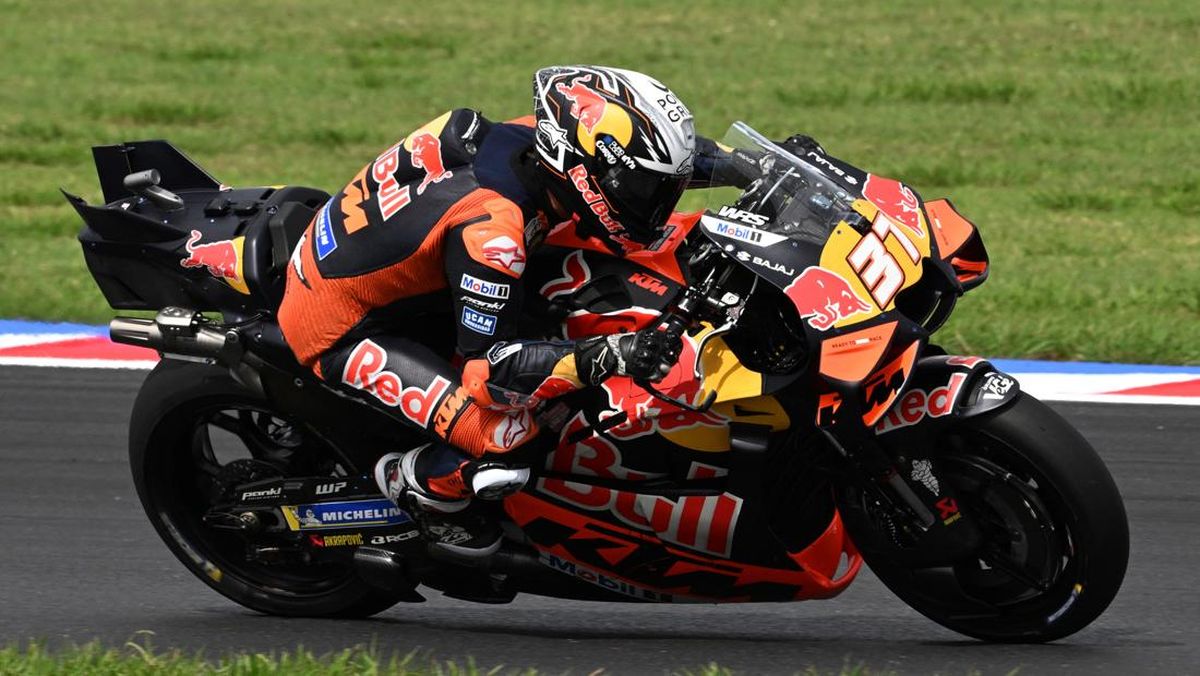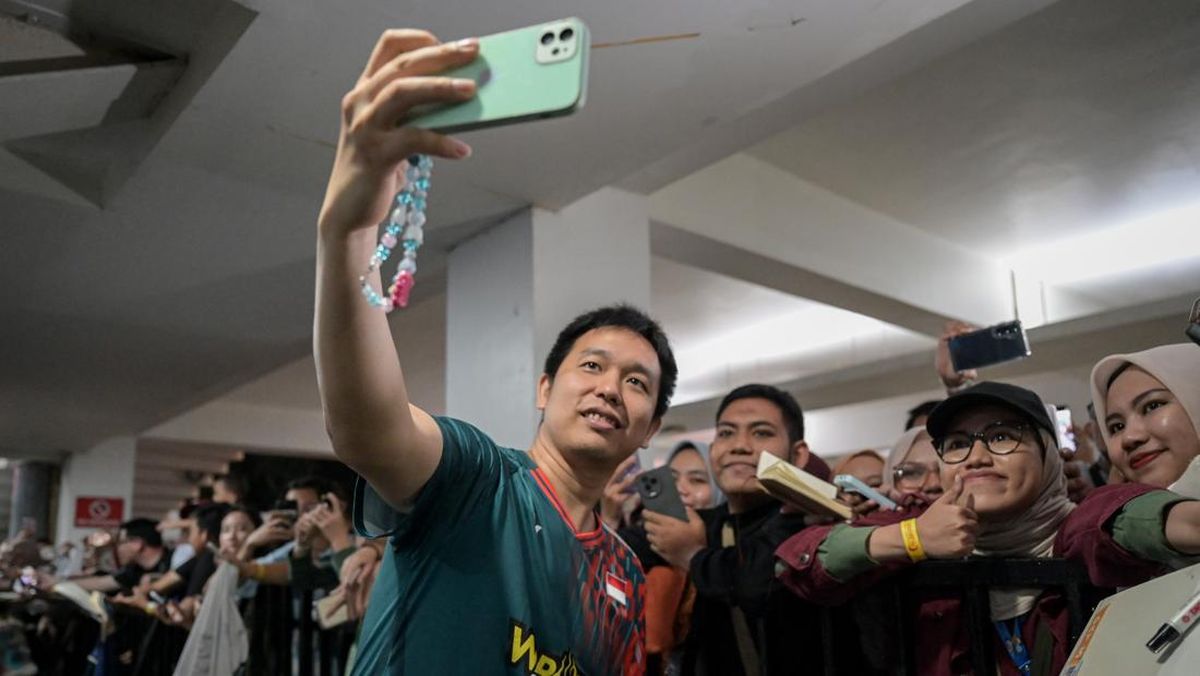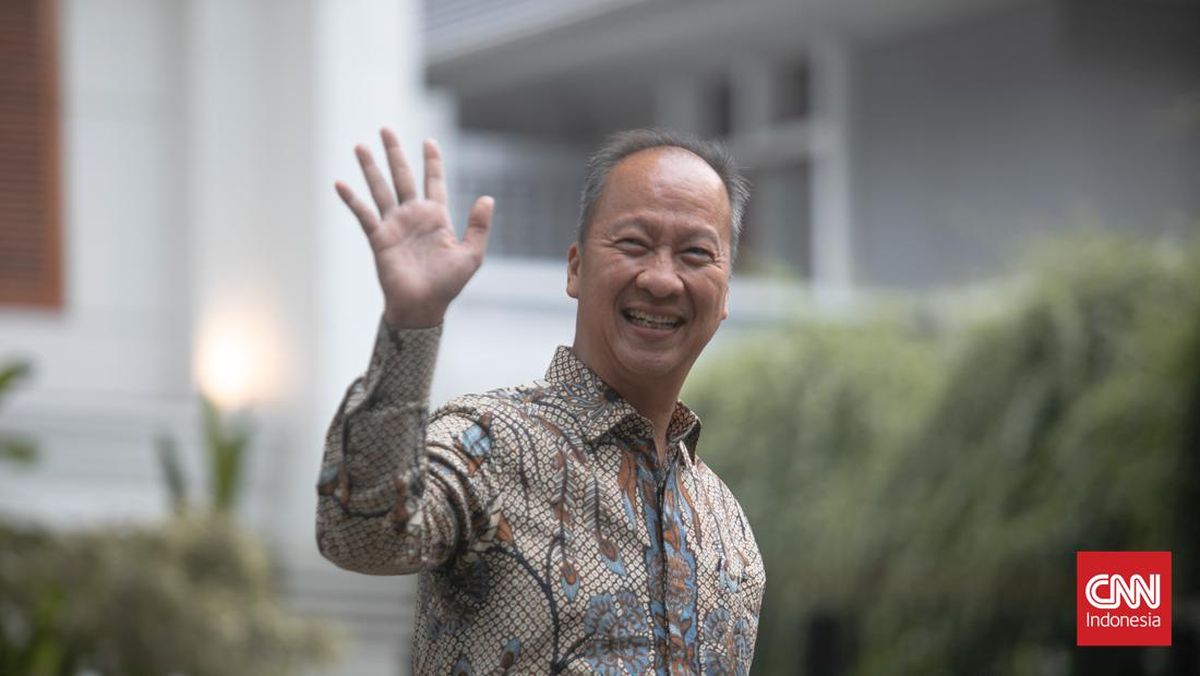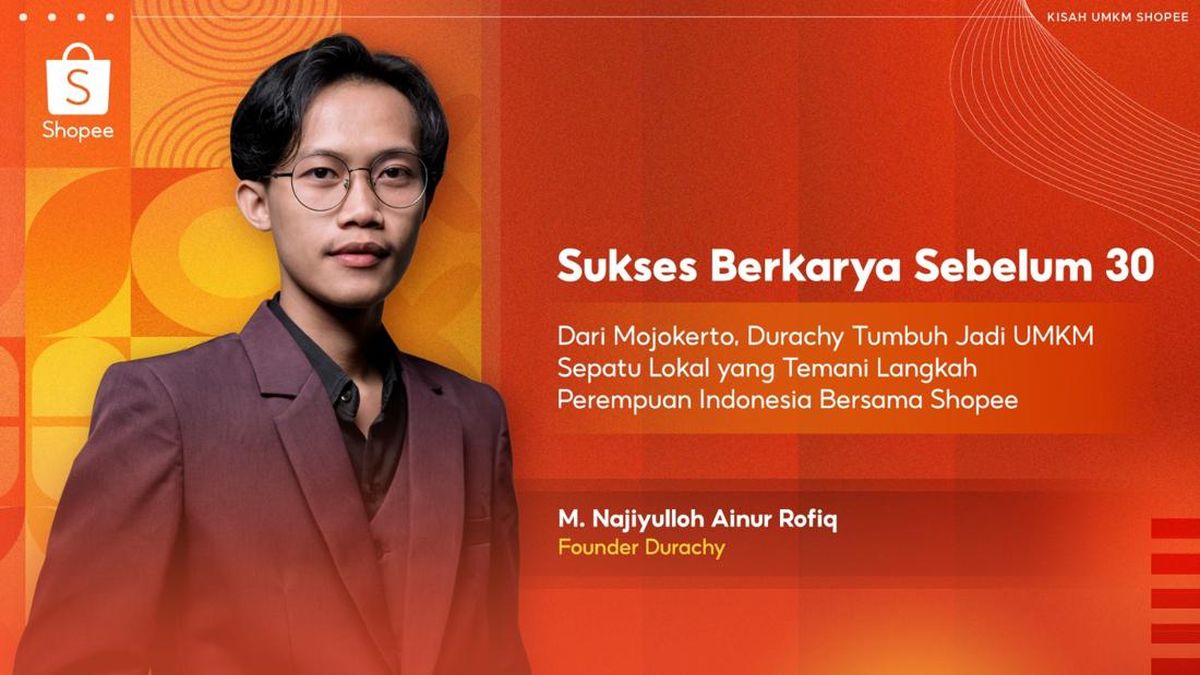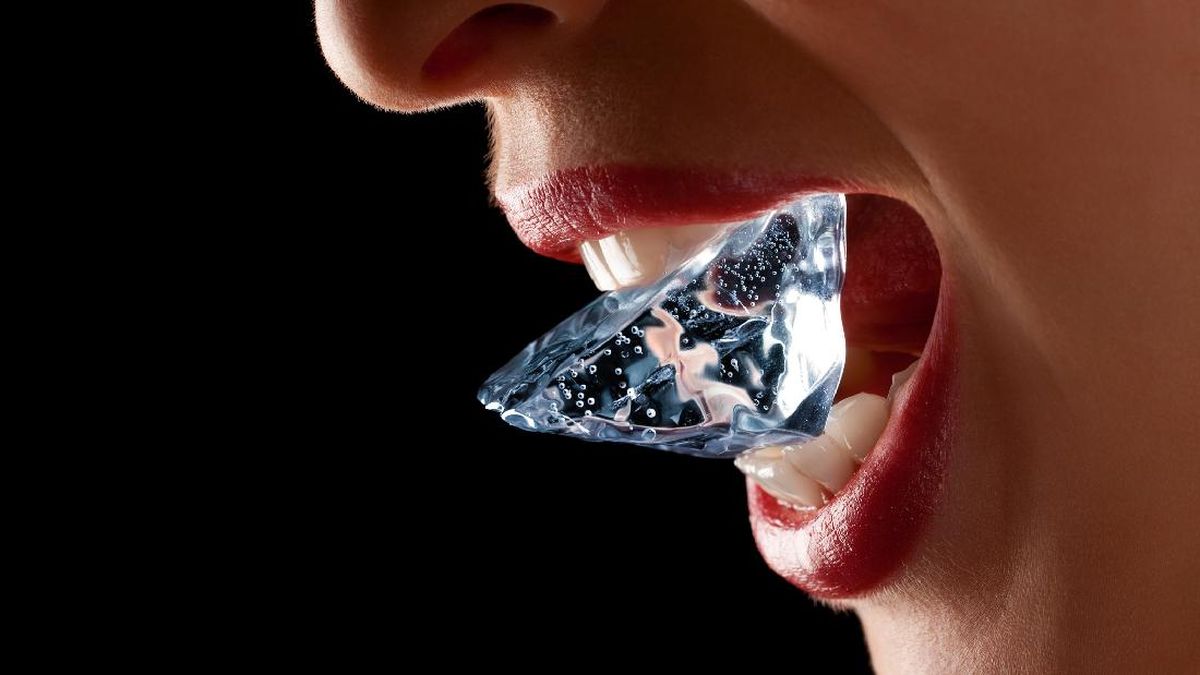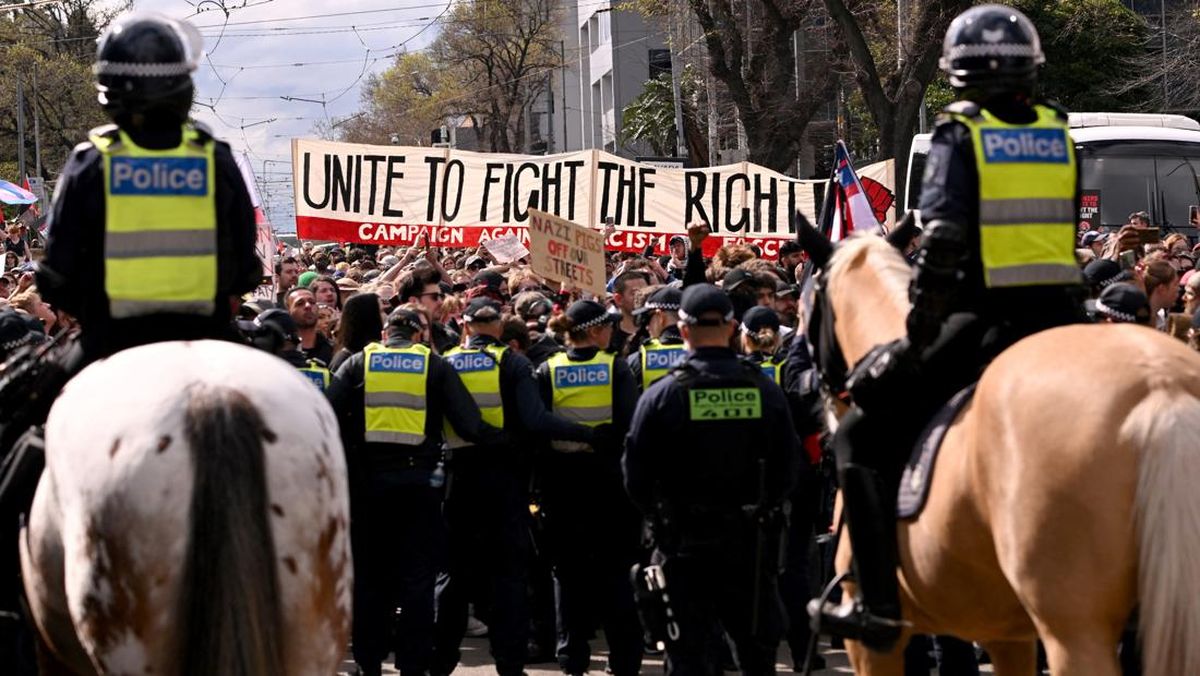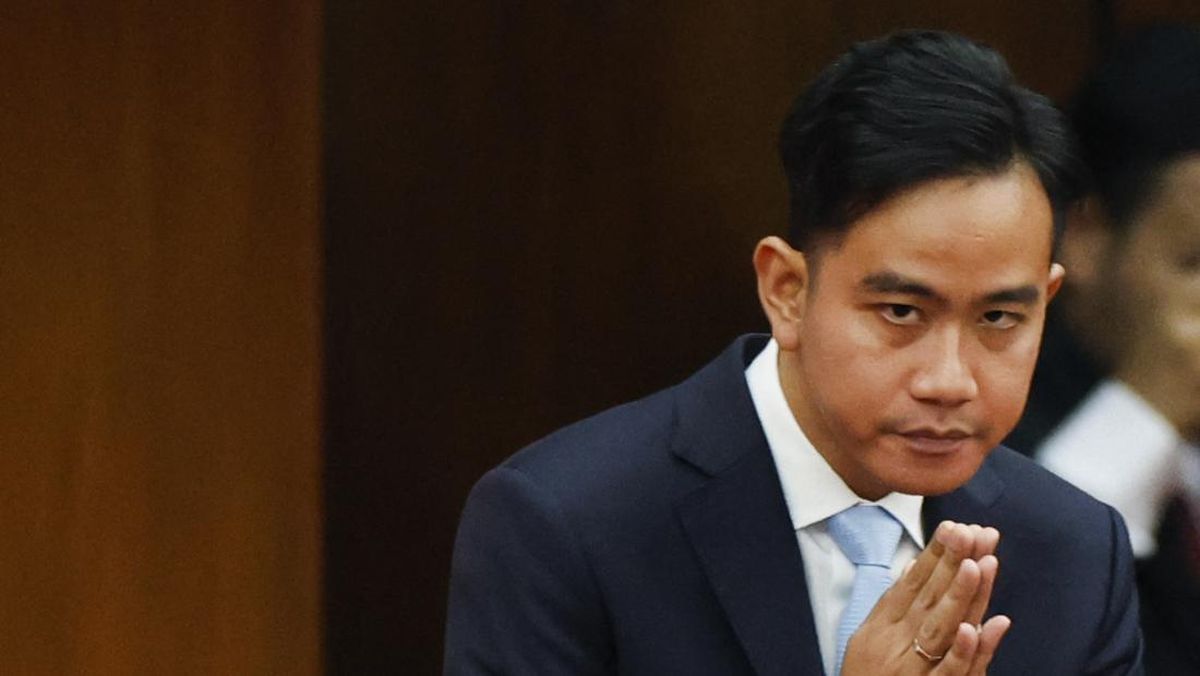Opinion
September 11, 2025 — 11.51am
September 11, 2025 — 11.51am
As a very new mother, I was prepared for breastfeeding to be a nightmare. For sleep to be non-existent. For a love unlike anything I’d ever experienced before. But no one braced me for comedy.
Earlier this year, pop star Chappell Roan came under fire when she said the quiet bit out loud: she doesn’t know anyone with children who is happy, and those that have children “are in hell”. Are we surprised that Western civilisation is suffering from cataclysmic population shrinkage if that’s what pop stars are telling young fans? Who wants to willingly enter into 18 years of “hell”?

You have to laugh: Charlotte Mortlock with her baby.
It’s now likely we will see the global population starting to decline by the 2050s, just a few decades away. In Australia, this trend began in 2014, and we are now at a near-record low of 1.5 babies per woman, the lowest in almost two decades. In England and Wales, births have declined to a record low, and Japan, one of the worst-affected countries, is experiencing a net loss of 100 people each hour.
Some will argue this will be good for the environment, but it will be catastrophic for economies, the vulnerable and the ageing with a smaller workforce burdened with covering nations’ taxes of and providing the labour and productivity needed to sustain them. Countries will be heavily dependent on migrants (even more so than now) and will likely compete to poach the most skilled and brightest from developing countries.
On a recent episode of the TRIGGERnometry podcast, Konstantin Kisin interviewed Dr Paul Morland, author and demographer, on this topic which I spend a lot of time thinking (and worrying) about. I am keenly interested in what is causing the decline and what we can do, from a legislation point of view, to encourage people to have more children and make it more appealing. But this podcast pointed to something that even the biggest of big government’s couldn’t fix: culture.
Loading
“Ultimately, if we have a really pronatal culture, if we had a culture and a civilisation which really valued having children, where that was really high status, where that was something people really aspired to, it would overcome all those issues,” Morland said.
Essentially, it’s time to make babies cool again. The culture needs to want more babies, not just the economy. This might explain why – while there have been plenty of initiatives attempted across the world, such as baby bonuses, paid parental leave, childcare subsidies and IVF subsidies – none are meeting replacement-level fertility.
To make the culture more amenable to having children, we need to be more holistically honest about parenthood and bring the pendulum back to a place where we can talk candidly about the struggles, but we also focus on the joy and the humour.
In a bid to destigmatise hard parenting moments, frustration and guilt, parents were told to bear it all. “Don’t give us the Instagram version; tell us how it really is!” Naturally, this led quickly to society exposing the worst parts of parenting. And, absolutely, this made many parents feel less alone and more normal. It allowed them to connect and bond. But it also crowded out the positive narratives.
We were also trying to demystify fertility challenges. As we became more aware of how many of us were struggling to have children, it became insensitive to celebrate the utter joy of parenthood. But I think we went too far – because while it’s generally accepted that parents really love their kids, no-one says they’re having a laugh a minute.
Loading
In my short tenure as a parent, I have experienced some of my hardest days and biggest challenges. Once, in early postpartum, I thought my body was shutting down because of the intensity of everything I was experiencing. But while my resilience has been tested, my spectrum for joy and humour has also been stretched to places never imaginable, and I have laughed more than ever before.
In this incredibly serious world, parenthood forces us to take ourselves and each other very earnestly. But parenting is silly. It carves out a place for nothing but play, where young audiences care little for your intelligence, work achievements or hot takes on social media, and where they are tough judges of your imaginary tea parties and air guitar performances.
As a new mum, minutes seep into hours as you pull facial expressions and watch your offspring – your DNA – mimic you like a mirror. Days are spent nibbling on little toes while a squawking newborn learns to laugh, and you frequently remind him that he simply cannot eat family members, even when he’s teething and everyone’s hands are a decadent delight. My husband and I (mostly) laugh our way through the absurdity of our new family member while scissor-paper-rocking for nappy changes and cheering when our baby burps.
Loading
It is all so silly! In a moment of fractured attention and doomsaying, parenting is present and joyful. And that’s the rebrand babies need. Parenthood is ridiculous and menial and repetitive and hilarious. And as a woman who was never clucky and never a “baby person”, I am pleased to let Chappell Roan know, babies are unequivocally the bomb.
So, it is time to once again celebrate the crying, the pooping, the boobie barnacles. The big secret is that being a parent is actually very funny. Not funny in a philosophical sense. Funny in a literal ha-ha sense. Categorically, babies are silly. And silliness is contagious.
Charlotte Mortlock is a former Sky News anchor and founder of Hilma’s Network, which supports Liberal women.
Most Viewed in Lifestyle
Loading


